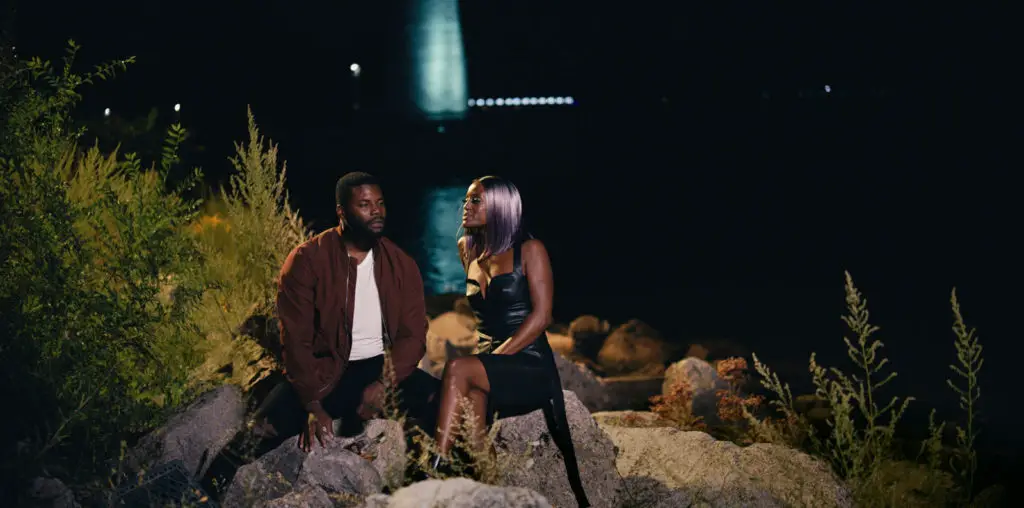
There are almost as many “birth of the blues” documentaries as Holocaust movies. By now, I’m beginning to suspect that each and every black man in Mississippi has been interviewed at least once. That said, “Delta Rising” takes a reasonably fresh approach to this overworked mine by making the film as much about the town where it all began (Clarksdale) as the music legends that were born in and around there.
Morgan Freeman (yes, that Morgan Freeman) lives in Clarksdale and owns a club, one of around 10 in this itty-bitty town, which apart from the commercialism of the blues venues doesn’t look much different than the last time Muddy Waters played it. This helps the film’s explanation of how the blues got started here; crushing poverty (working cotton plantations was the main industry until the mid-1950s) and local ingenuity allowed talented performers to escape the hot sun of field work and make a relatively better living in the “juke joints” in the small “circuit” of nearby Mississippi towns. Quite a number of the town’s sons made it to New Orleans, to Memphis and to recording studios, making the blues into a national art form, but you can feel the ghosts of this town and understand better where the blues comes from because the place is still so stuck back in time.
Given the interesting subject matter, colorful local characters, big-name interviews (Willie Nelson, Freeman and Charlie Musselwhite among others), little-seen archival footage (Pinetop Perkins, Ike Turner, John Lee Hooker, Sonny Boy Williamson and many more) and copious live performance footage, you want to like the movie and expect it would come together far better than it does.
The biggest problem is that the interviews are simply terrible. Poorly shot, with horrible sound, most look like the subject was thrown into a photobooth and interviewed with a VHS camcorder. The only time this works to anyone’s advantage is the amusingly intoxicated harmonica whiz James Montgomery, who starts by saying “I don’t normally give drunken interviews …”
The filmmakers also overindulge in the amount of local performance footage, “tour stories” and, mainly, Morgan Freeman. It’s great that he agreed to help out this little indie doc, it’s understandable that he dominates the club scene because he’s a big celebrity, but he’s not the star of this particular story, and thus shouldn’t get the bulk of the screen time. More time spent with James “Super Chikan” Johnson (yes, “Chikan”), Squirrel Nut Zippers refugee Chris Cotton, incredible talent Ruby Wilson (what a voice!), and “King Biscuit Time” host Sonny Payne would have painted a better picture of the history and development of the blues in Clarksdale.
If you love the blues, you will appreciate this documentary’s strengths and overlook most of the flaws. If you love documentaries, the technical fubars and missed opportunities will start annoying you before five minutes has passed — but grit your teeth and bear it, because the history and the music make it all worthwhile. What’s a blues movie without a little suffering, anyway?
